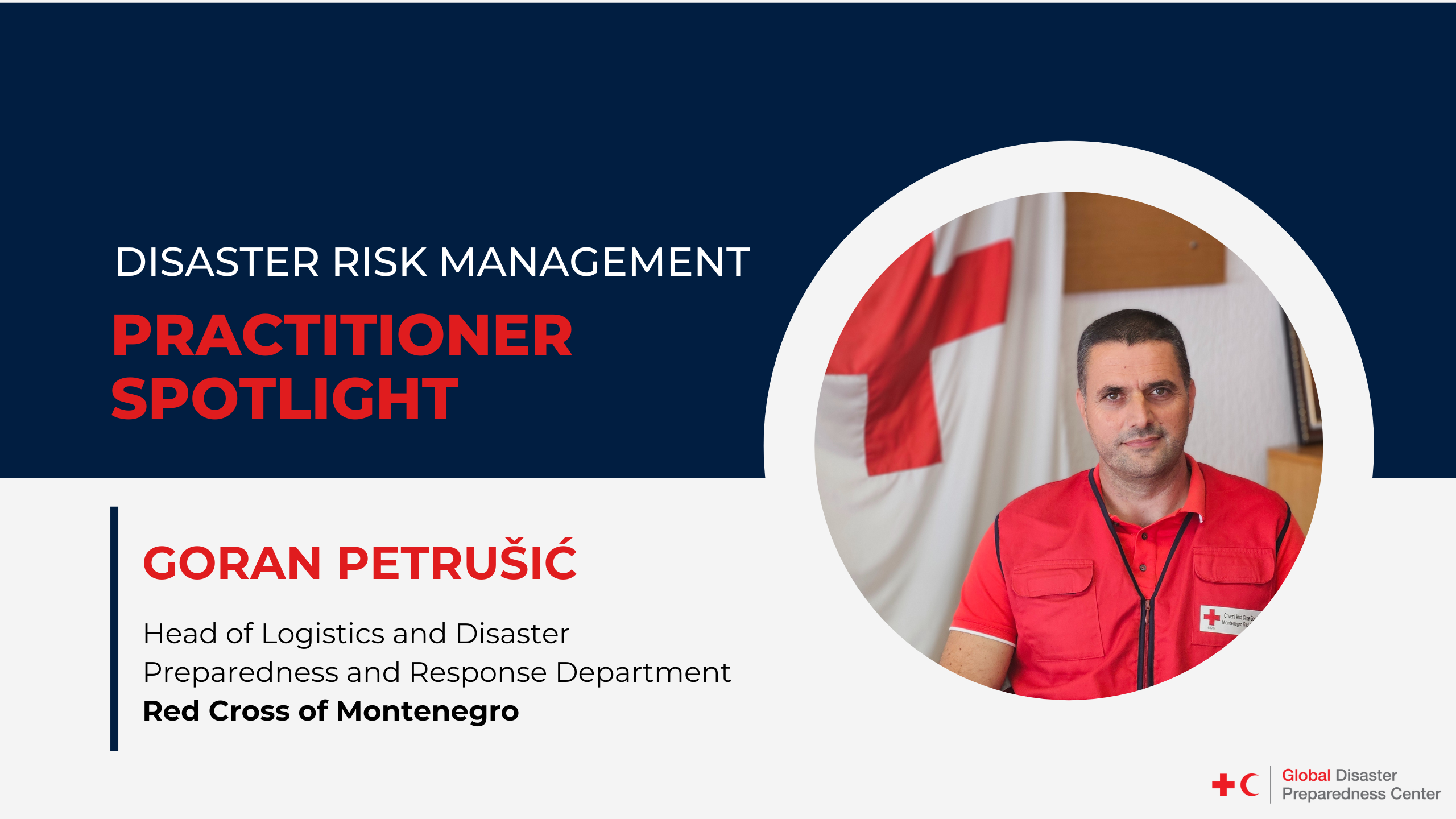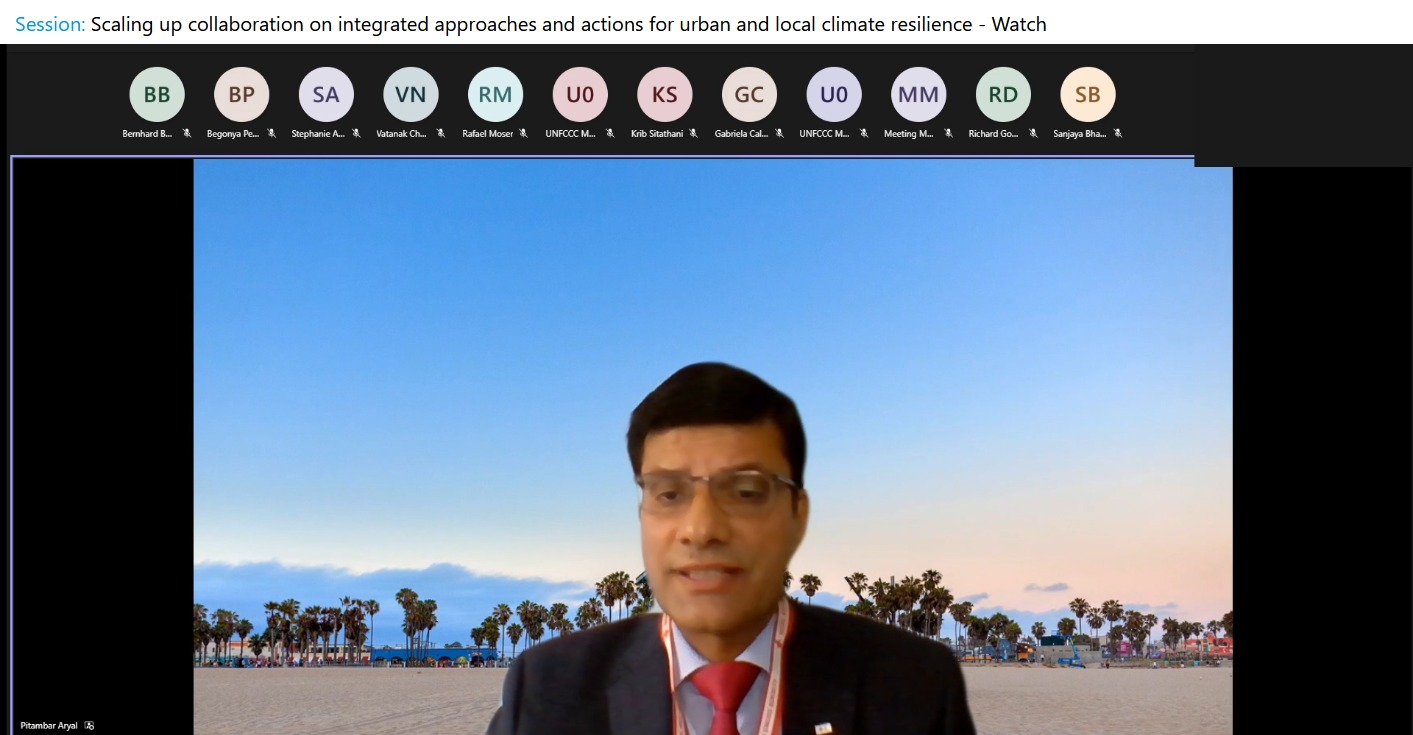Taking large-scale action to raise disaster risk awareness in Albania

On the latest International Day for Disaster Risk Reduction, the Albanian Red Cross partnered with the National Agency for Civil Protection, the Ministry of Health and Social Protection, and the Ministry of Education and visited schools, city centres, and town halls across the country to raise awareness about hazards like floods and build a culture of disaster preparedness. This blog describes how mobilizing a diverse coalition and working through schools can help you reach a lot of people with an important message.
Albania is facing compounding risks
Since 1989 the International Day for Disaster Risk Reduction is held every 13 October to promote a culture of risk awareness and reduction. A relevant day for the people of Albania who have faced many disasters.
Recurrent flooding and frequent earthquakes cause loss of lives, significant damage to infrastructure, and disruptions to economic and educational activities. In 2020, as Albania was recovering from a severe earthquake in November 2019, the COVID-19 pandemic hit.
As disaster risks and impacts compound, it is even more important to raise peoples’ awareness and equip them to prepare for and respond to the risks threatening their communities.

Multi-stakeholder action for raising risk awareness across the country

To achieve this the Albanian Red Cross, including the Zurich Flood Resilience Alliance team, partnered with the National Agency for Civil Protection, the Ministry of Health and Social Protection, the Ministry of Education, and a broad range of local and subnational actors. We also drew on our own network of 38 branches and hundreds of staff and volunteers from communities across the country, who were trained in advance of the activities.
After intensive preparation and coordination within this diverse group of stakeholders, on 13 October hundreds of Red Crossers and partners, up to the level of the National Director of Civil Protection and the Secretary General of the Albanian Red Cross, went to schools and city centres all over the country.
We discussed disaster risks facing Albania and how to prepare for these with thousands of students in 57 schools and with people passing by stands set up in towns across the country. Locally, key actors such as municipal fire brigades, ambulance services, rescue teams and education and health authorities joined us.
Flood risk and flood resilience
With the 2019 earthquake fresh in our memories and the ongoing coronavirus pandemic, the need for raising people’s disaster risk awareness of and preparedness to such events was clear to all involved. But with everyone’s attention focussed on managing the COVID-19 crisis, it is critical to not forget about other hazards and their possibly compounding risks.
As a result of the flood resilience team’s continuously bringing attention to the risk floods pose to people in Albania, sessions in schools and materials distributed in town centres explained how to prepare for and act during and after floods.
Recommendations included avoiding building in flood-prone areas and continuous maintenance of flood mitigation infrastructure by keeping channels free from trash and other debris.

On the day itself, we led the activities in Shkodra municipality where the communities the Zurich Flood Resilience Alliance works with are located. Together with a group of volunteers, our programme manager, Saidi Bushaj, visited several schools and discussed the local flood risks with students after which he reflected:
Many students knew about the problem with floods in the area and that it was connected to the dam. However, they were very interested to learn more about the floods and how to prepare for them
In addition, the Red Cross along with firefighters, water rescue teams, community representatives, ambulances, and police units presented our combined disaster response capacities in the city centre and town hall of Shkodra.
Working together for wider reach
By working together with partners from the local to the national level, the Albanian Red Cross managed to reach and raise the awareness of thousands of people across the whole country. Only through collaboration could so many people be reached.

In this effort, the Albanian Red Cross benefitted from its long-standing and good relationship with the government and public authorities, to which we serve as an auxiliary.
The Red Cross’ strong standing as an experienced emergency response organization and growing reputation as a key Disaster Risk Reduction actor, built through work like the flood resilience programme, provide us with the credibility to mobilize such a coalition.
Watch this short video for an idea of the scale and range of activities delivered by the Albanian Red Cross, partners and volunteers on International Day for Disaster Risk Reduction:

This blog was written by Jonathan Ulrich and originally published on the Flood Resilience Portal of the Zurich Flood Resilience Alliance. Please find the original story here. To learn more about the flood resilience work of the Albanian Red Cross, check out this country brief.



